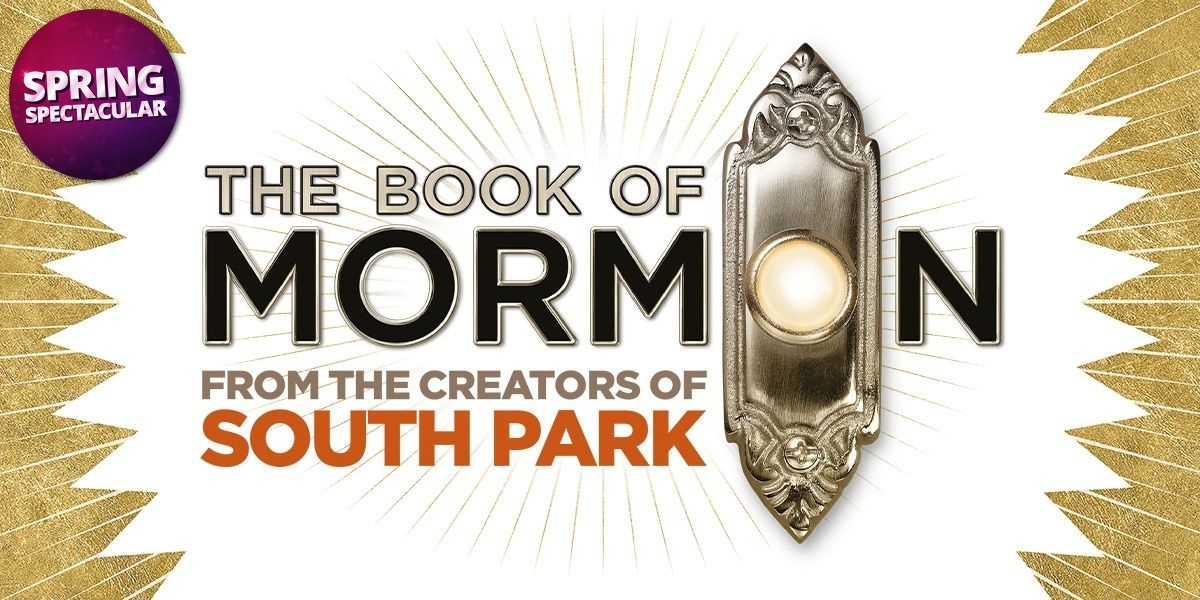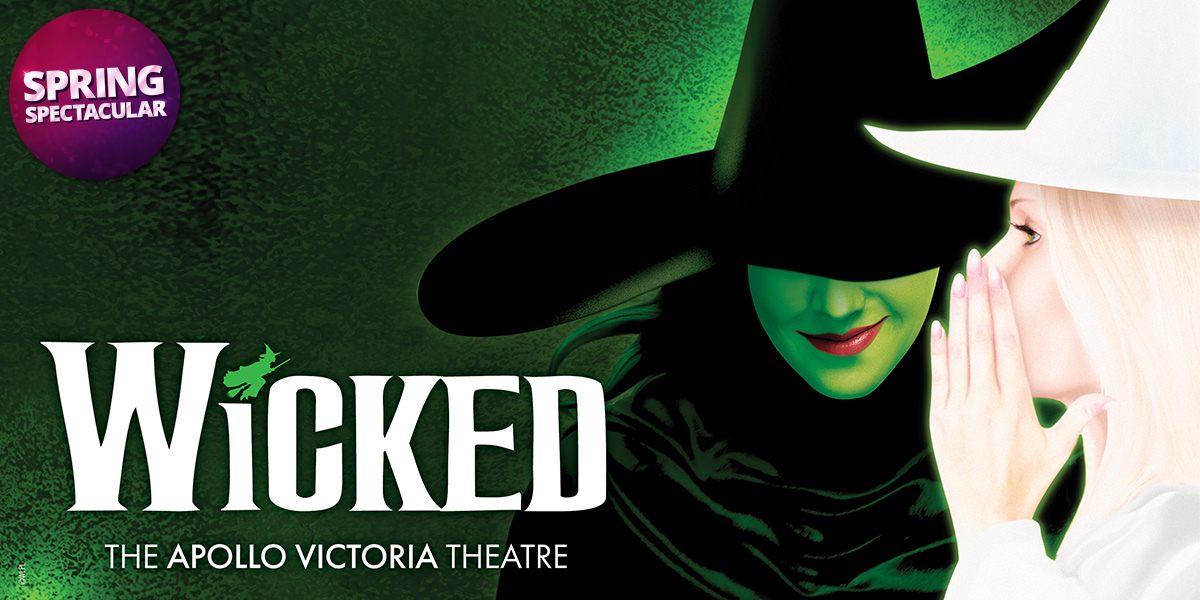London Musicals - Musical Tickets
Experience the magic of London musicals! Dive into the world of entertainment with unforgettable performances. Book your musicals tickets in the West End now.
Filter by Collection
Filter by Rating
Filter by Price
Filter by Date
Sort by Best Selling
Filter
Official London Musicals Tickets | Discounted London Musicals Tickets
Music has always been an essential component of dramatic presentation and is just as good when combined with compelling stories. Musical theatre is one of the forms of theatrical performance that uses music extensively to provide an unforgettable visual and audible experience. It combines dance, acting, songs and dialogues for a complete package. For large-scale, extravagant musicals in London, the West End musicals are exceptional, providing a film-quality experience live on stage; they are truly magical. Smaller venues like fringe and community theatre also stage remarkable musical productions in a more intimate setup that shares its brilliance with major shows.
Whatever kind of musical experience you're looking for, you're sure to find it with our musical tickets. Ready for a trip to the theatre to enjoy some toe-tapping show tunes? Whether you're a Londoner or just visiting the capital for a day, you're sure to find a good night out from our selection of must-see musicals in London. Book your London musical tickets in advance to catch the hottest shows, for a truly unforgettable night of entertainment.
What are the best musicals in London?
Deciding on the best musicals in London can be quite a personal choice, and that’s why our list of best-selling musicals in London is here to help! The West End has a wide range of musical productions, each with unique charm. Your preference might lean towards classic or contemporary, perhaps a dramatic or comedic storyline. What resonates as the best London musical differs from person to person. London's stages offer a diverse spectrum of emotions, themes and storylines, so have a browse - the choice is yours!
What musicals are on in London?
There are so many musicals in the West End that it can be hard to choose just one. Don’t fret, as we’ve got tickets for some of the longest-running and acclaimed musicals in the West End, including classics such as Les Miserables, The Phantom of the Opera and MAMMA MIA!. These West End musical favourites have long since been an ideal choice for theatre lovers. If you’re not sure what to see, but itching to go to the theatre, why not take some inspiration from our last-minute musicals?
What are some new musicals in London?
The most amazing thing about the West End in London is that each year, a wide variety of new musicals come bursting onto the stage, and in recent years, some of them have cemented their place as modern classics; such as Back To The Future and Hamilton. Some musicals only come and dazzle audiences for a couple of months at a time, and they’re worth the watch. You can see them all with our new shows and musicals.
















![Green background. Text: [top]"London's #1 Show." Wicked (the dot on the 'i' is a silhouette of a witch on a broom) [bottom] The Apollo Victoria Theatre Image within a circle frame Green witch in a black pointy hat and robe faces forward, side profile of a witch in contrasting white whispers to her.](https://media.londontheatredirect.com/Event/Wicked/event-detail-image_37387.jpg)

